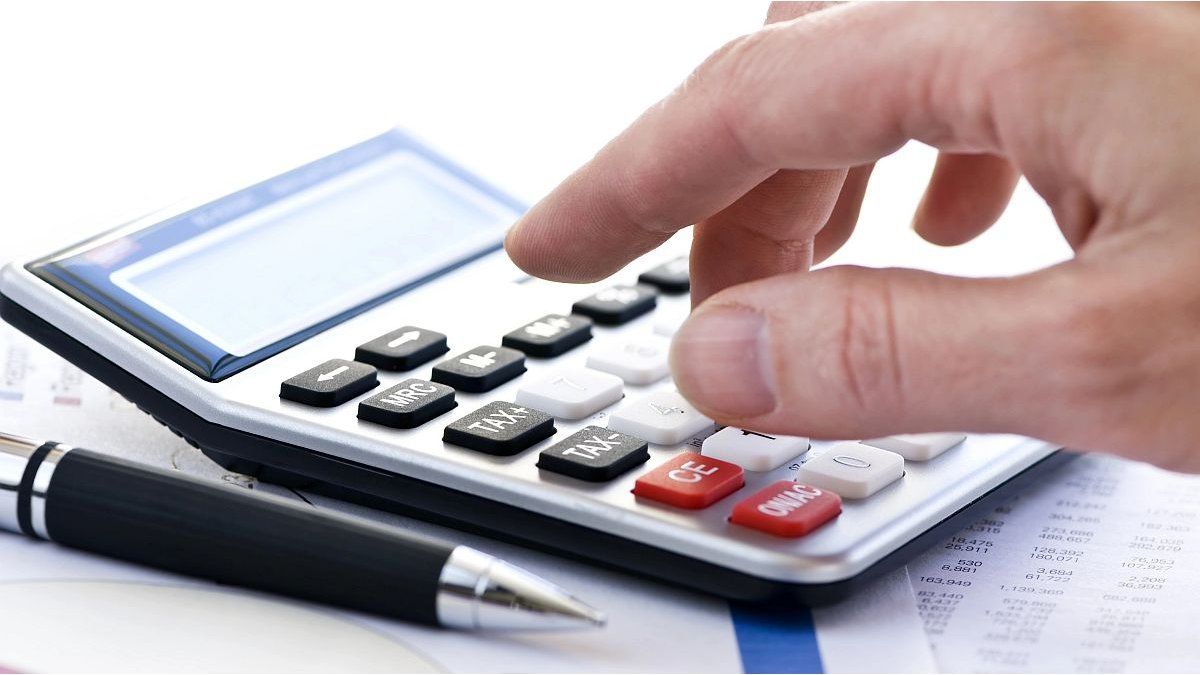In parallel to the debate over the omnibus law, he Government finished polishing the reform project of the income tax that seeks to reimpose the fourth category so that nearly 800,000 formal workers return to pay taxes.
The text you had access to Ambit, called Tax on Personal Income, plans to modify again the Income Tax with the aim of increasing collection.
Currently, after the sanction of the tax reform in the hands of Congress last year, the bulk of the private workers and of the retired and pensioners remained exempt from payment of profits. Furthermore, it was stipulated that only the wages Those who have incomes similar to the 15 minimum, vital and mobile salaries (SMVM) are covered by the withholding.
From what salary will Income Tax be paid?
However, with the modifications proposed by the new project, they will begin to pay Profits workers who receive gross salaries of $1,250,000 in the case of single people without children and $1,590,062 in the case of married people with children.
Earnings with quarterly update and powers to the Executive Branch
Furthermore, the Government proposes to apply quarterly updates of the non-taxable minimumtaking into account the inflation values shown by the Consumer Price Index (IPC).
On the other hand, among other points, seeks to empower the Executive Branch to increase “during the 2024 fiscal period, the planned amounts” in the articles linked to exempt income received from complementary annual salary, productivity bonus, cash failure, or concepts of a similar nature.
The project dictates that it will be exempt from payment of the tax the salary received by workers in a dependency relationship as a “productivity bonus, cash failure, or concepts of a similar nature, up to an amount equivalent to 40% of the non-taxable profit established in section a) of the article 30 of this law per fiscal year and with exclusive effect for subjects whose gross remuneration does not exceed the sum equivalent to $2,500,000 monthly, inclusive”.
The “supplementary annual salarywith exclusive effect for subjects whose remuneration and/or gross assets do not exceed the sum equivalent to $1,250,000 monthly, determined in accordance with the provisions of the last sentence of the second paragraph of subsection x) of article 26 of the tax law that is received in the calendar semester in question. “This amount must be adjusted by calendar semesters, with effects from the second semester of 2024, inclusive.”
What income will be taken into account to pay Income Tax?
The “Personal Income Tax” will be defined by the accrual of applying a rate on the difference between income and allowed deductions.
According to the website of the Federal Public Revenue Administration (AFIP), it is applicable to human beings on three variables:
- the returns, income or enrichments that meet the criteria of periodicity, permanence and authorization of the source that generates them;
- the results obtained from the sale of depreciable movable and immovable property and from the transfer of rights over real estate,
- the results obtained from the sale of shares, representative securities, share deposit certificates, social quotas and participations, digital currencies, titles, bonds and other securities.
Who will not pay Income Tax?
The exercise of liberal professions or trades, provided that they do not complement their activity with commercial exploitation and the functions of executor, trustee, agent, business manager, director of public limited companies and fiduciary, nor for the activities of broker, traveling salesman and customs broker, who will pay taxes as human persons, will not be covered by the modification of the non-taxable floor.
What are the Income Tax categories?
The profits contemplated by AFIP are divided into 4 categories, depending on their origin:
- First category profits: known as ground rent, it includes the profits generated by the usufruct of urban and rural real estate;
- Second category profits: corresponds to the income obtained from shares, interests, dividends, etc. They are known as capital income;
- Third category profits: corresponds to the profits of companies and sole proprietorships, regardless of their source or origin,
- Fourth category earnings: these are those obtained through personal work.
Income Tax: What will happen to the bonus, overtime and bonuses?
According to the project, the bonus will be exempt for those who have a gross remuneration of less than $1,250,000.
Bonuses for productivity, cash failures or similar concepts are also exempt for those who receive gross salaries of up to $2,500,000.
Income Tax: How will the increase in the non-taxable minimum impact Family Allowances?
It is estimated that, if implemented, around 800 thousand workers will once again be covered not only in tax matters by the “Personal Income Tax” but also They will stop collecting the Family Allowances contemplated in article 6 of Law 24,714.
Currently and after the modification established by Decree 473/2023 and later sanctioned with the force of law by the National Congress, the member of the family group who receives a gross amount greater than $ 1,980,000, is is excluded from its perception.
The Profit Reform Bill
INLEG-2024-08187205-APN-PTE.pdf
Income Tax Reform Project
Source: Ambito




